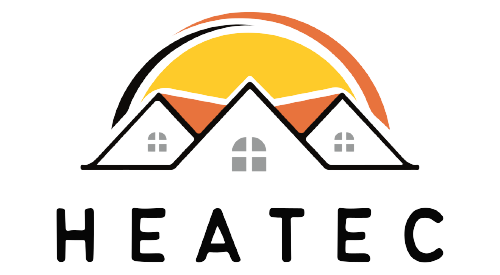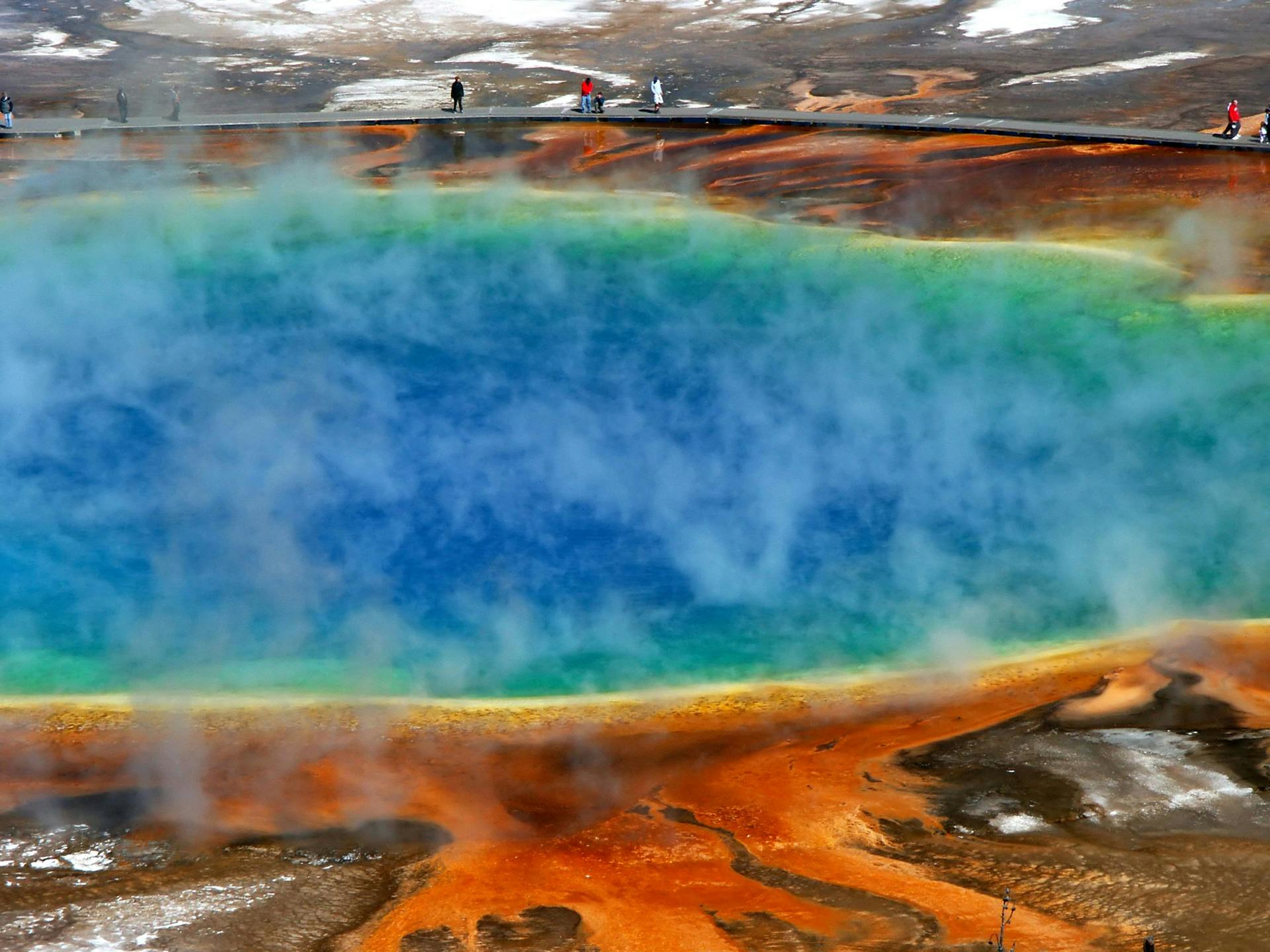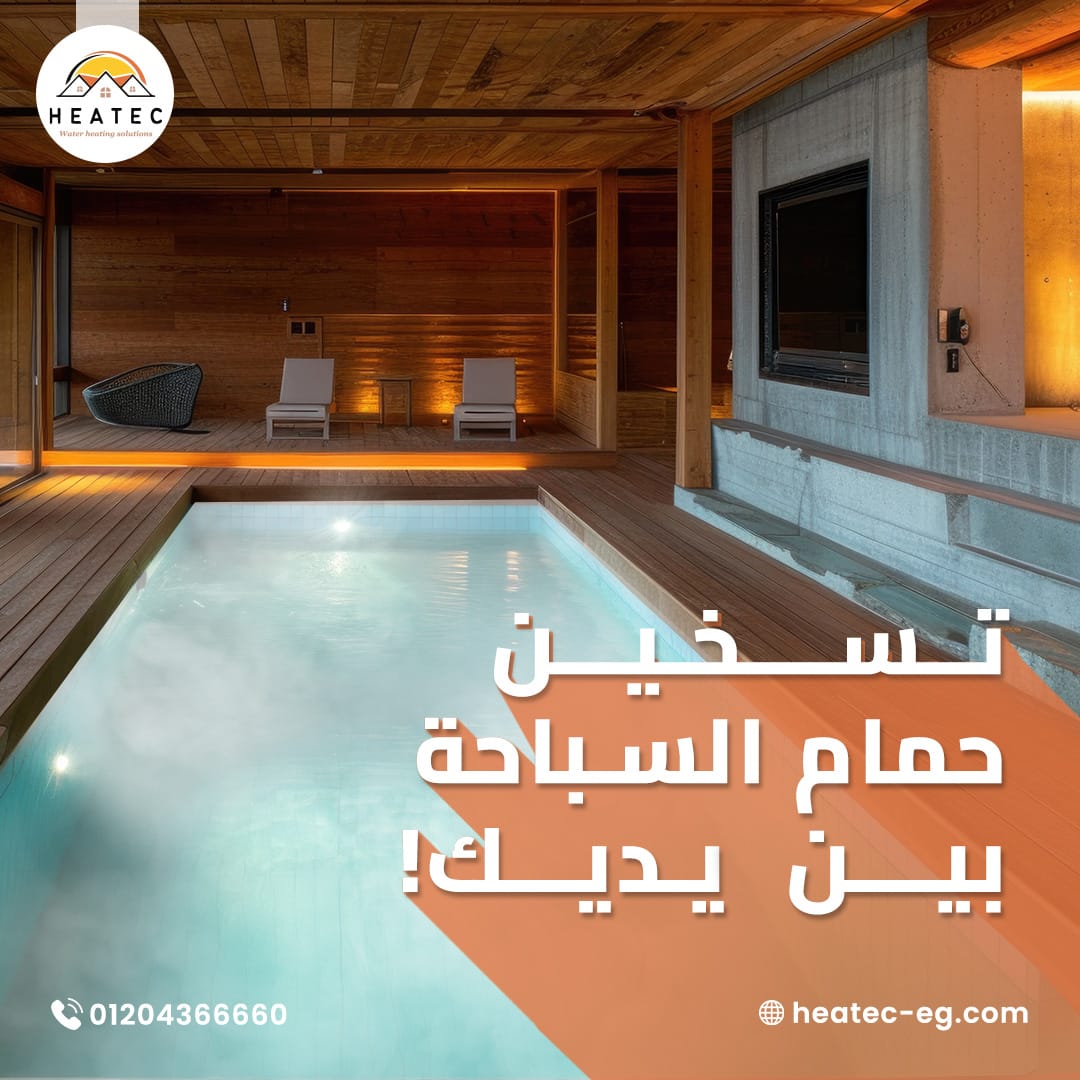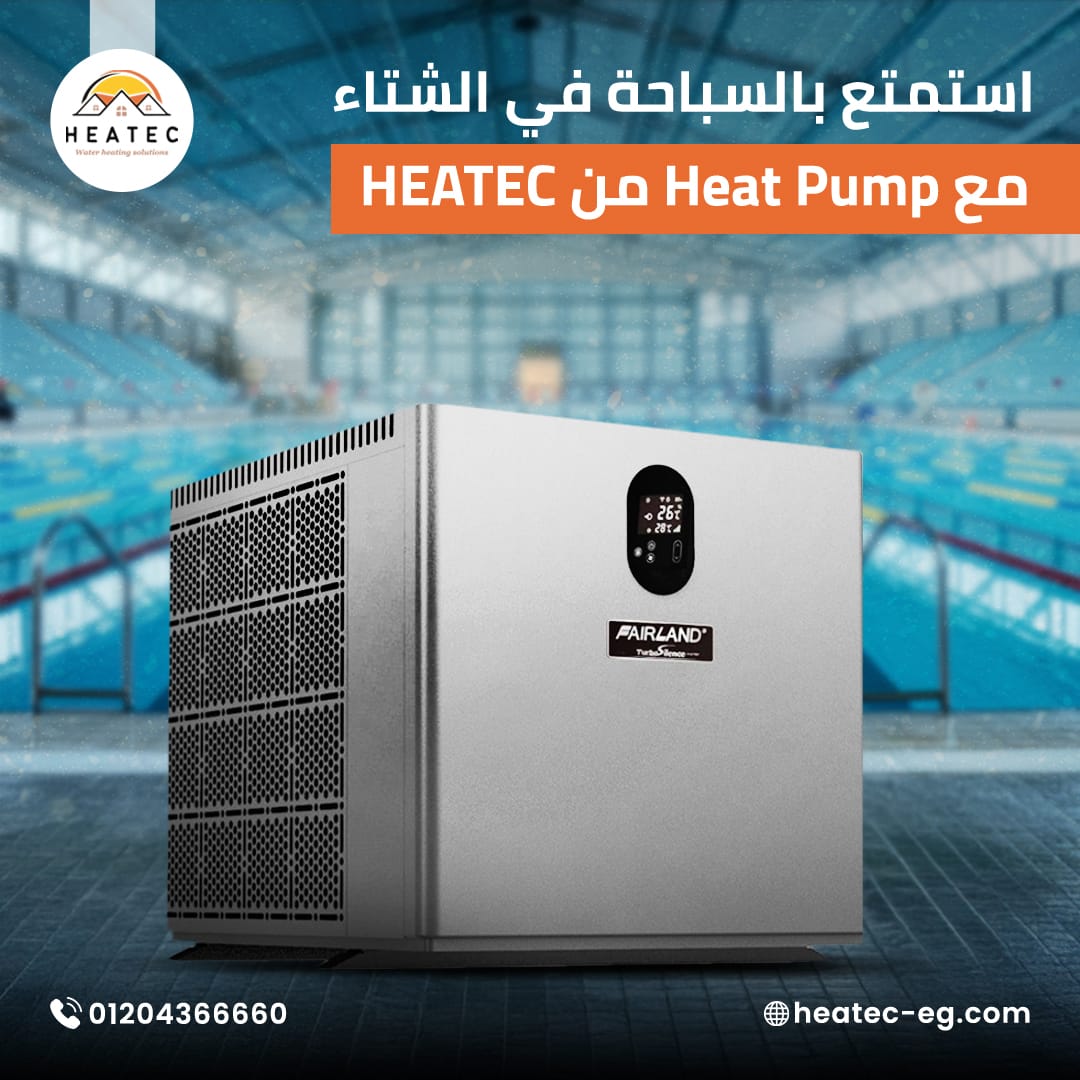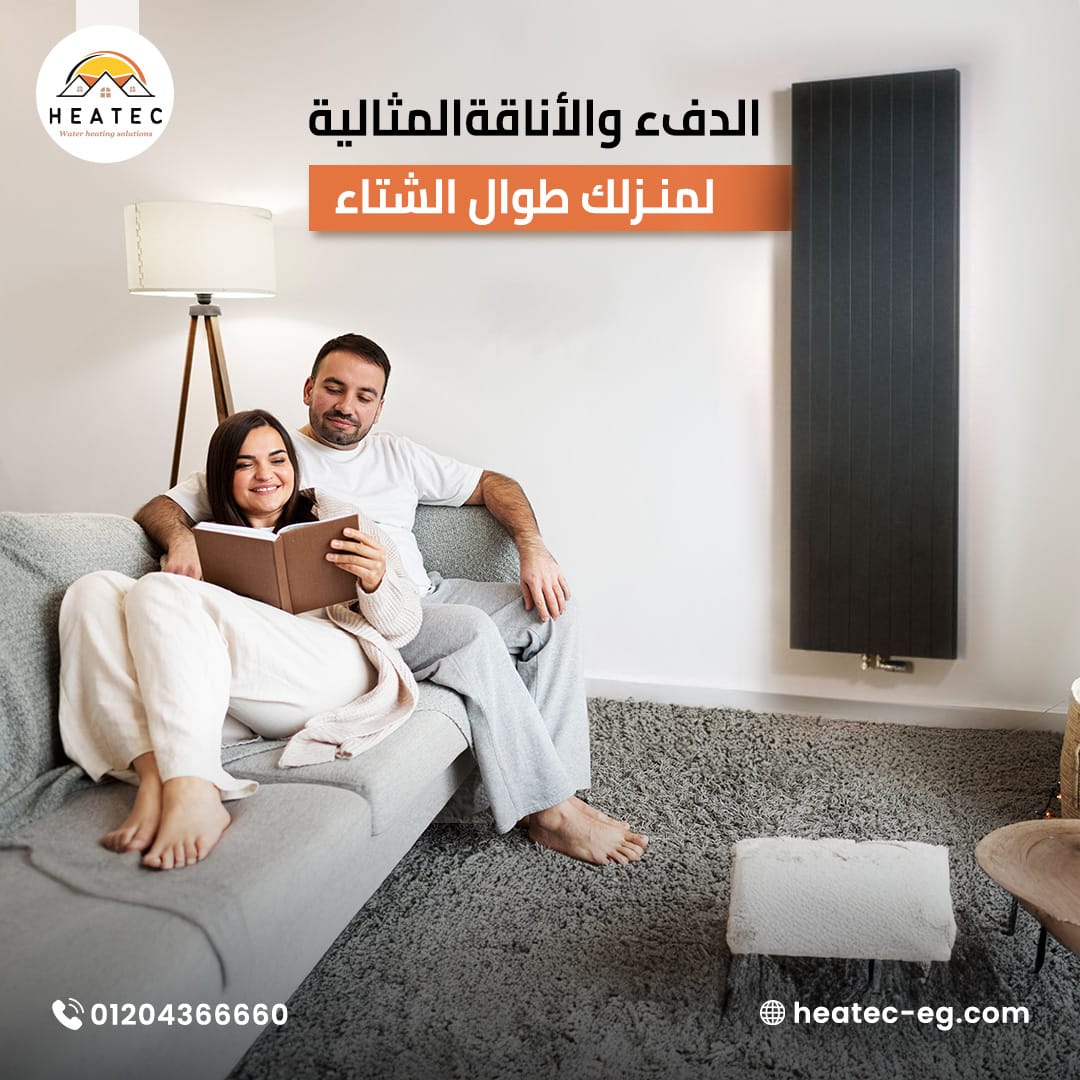Warm Up Your Pool with Heatec : The Complete Guide to Swimming Pool Heating Systems
Owning a swimming pool offers a fantastic source of recreation, exercise, and relaxation. However, for many pool owners, the swimming season is frustratingly short, limited by the whims of ambient temperature. Chilly water can make even the most inviting pool unusable for large parts of the year. This is where swimming pool heating systems come in, transforming your pool from a seasonal luxury into a year-round asset. Investing in a pool heater extends your swimming season, increases the usability of your pool, and enhances overall comfort and enjoyment.
But with various technologies available, choosing the right heating system can seem daunting. This guide will explore the most common types of pool heaters, how they work, their respective advantages and disadvantages, and key factors to consider when making your choice.
Why Heat Your Pool?
- Extended Swimming Season: The most obvious benefit is the ability to swim comfortably earlier in the spring and later into the autumn, or even year-round in milder climates.
- Increased Usage: A heated pool gets used more often, maximizing the return on your investment. Morning laps or evening dips become pleasant possibilities regardless of cool air temperatures.
- Comfort: Swimming in warm water is simply more enjoyable and relaxing. It’s especially beneficial for children and seniors who are more sensitive to cold.
- Therapeutic Benefits: Warm water can be therapeutic, soothing sore muscles and joints.
Types of Swimming Pool Heaters
There are three primary types of pool heaters commonly used today, each operating on different principles and offering distinct benefits:
1. Pool Heat Pumps (Air Source Heat Pumps)
- How They Work: Pool heat pumps don’t generate heat directly like a furnace. Instead, they cleverly extract latent heat from the ambient air, amplify it through a refrigeration cycle (involving a compressor and refrigerant), and then transfer that heat to the pool water circulating through the unit. Think of it as an air conditioner working in reverse.
Pros:
- Energy Efficiency: Heat pumps are significantly more energy-efficient than gas or electric resistance heaters, especially in moderate to warm climates (ideally above 10-13°C or 50-55°F). They transfer heat rather than creating it, resulting in a lower operational cost.
- Environmentally Friendlier: Lower energy consumption translates to a smaller carbon footprint compared to fossil fuel heaters.
- Long Lifespan: Generally durable with proper maintenance.
Cons:
- Higher Initial Cost: The purchase price is typically higher than gas or electric resistance heaters.
- Dependent on Air Temperature: Efficiency drops significantly in colder weather, making them less effective or inefficient in very cold climates without supplemental heating.
- Slower Heating: They heat the pool water more gradually compared to gas heaters.
Modern Advancements: Many modern heat pumps utilize inverter technology (like the “Fairland TurboSilencer” potentially hinted at in the image). Inverter heat pumps can modulate their heating output, running at variable speeds. This allows them to operate extremely efficiently, maintain temperature more precisely, and often run much quieter than older, single-speed models.
2. Gas Pool Heaters (Natural Gas or Propane)
- How They Work: Gas heaters burn either natural gas or propane in a combustion chamber. Water from the pool circulates through copper coils or a heat exchanger located above the burners, absorbing the heat generated by the combustion process before returning to the pool.
- Pros:
- Fast Heating: Gas heaters raise pool temperature quickly, regardless of the outside air temperature. This makes them ideal for pools that aren’t used continuously or when rapid heating is desired (e.g., for a weekend party).
- Effective in All Climates: Their performance isn’t dependent on ambient air temperature, making them reliable even in cold weather.
- Lower Initial Cost (sometimes): Often less expensive to purchase than heat pumps.
- Cons:
- Higher Operating Costs: Gas prices fluctuate, and these heaters consume significant amounts of fuel, leading to potentially high monthly bills.
- Environmental Impact: Burning fossil fuels produces greenhouse gas emissions.
- Shorter Lifespan (potentially): Combustion components can wear out over time. Requires proper ventilation.
3. Electric Resistance Heaters
- How They Work: These operate much like a large immersion heater or electric kettle. Electricity flows through a heating element (a resistor), which becomes very hot. Pool water flows over this element, absorbing the heat.
- Pros:
- Lower Initial Cost: Typically the least expensive type of heater to purchase.
- Compact Size: Usually smaller than heat pumps or gas heaters.
- Easy Installation: Relatively straightforward installation process.
- Operates in Any Climate: Performance is independent of air temperature.
- Cons:
- Very High Operating Costs: They consume large amounts of electricity, making them the most expensive type of heater to run by a significant margin.
- Inefficient: They convert electricity directly to heat (1:1 ratio), lacking the efficiency gains of heat pumps.
- Slow Heating: Generally heat water slower than gas heaters.
Best Use Case: Due to their high running costs, electric resistance heaters are usually only recommended for small spas or hot tubs, or occasionally as a booster heater alongside a more efficient system like a heat pump in very cold conditions.
Factors to Consider When Choosing a Pool Heater
- Pool Size and Volume: Larger pools require more powerful heaters.
- Climate: Your local climate is crucial. Heat pumps excel in moderate to warm areas, while gas heaters are reliable everywhere. Colder climates significantly impact heat pump efficiency and may necessitate a gas heater or a larger heat pump.
- Usage Pattern: Do you use the pool daily, or just on weekends? Do you want to swim year-round or just extend the season by a few months? Gas heaters are good for intermittent, rapid heating. Heat pumps are better for consistent temperature maintenance.
- Budget: Consider both the upfront purchase price and the long-term operating costs (energy/fuel consumption). While heat pumps cost more initially, they often save money over time due to lower running costs.
- Energy Source Availability: Do you have access to natural gas? Is your home’s electrical panel sufficient for a large electric heater or heat pump?
- Installation Requirements: Consider space needed, plumbing, electrical wiring, or gas line installation. Professional installation is highly recommended for safety and efficiency.
- Noise Levels: Some older heat pumps and gas heaters can be noisy. Look for models advertised as quiet, especially if the equipment will be located near living areas or property lines. Inverter heat pumps are often significantly quieter.
Installation and Maintenance
Regardless of the type you choose, proper installation by a qualified professional is essential for safety, efficiency, and warranty validity. Regular maintenance, such as cleaning filters, checking connections, and servicing components (especially for gas heaters and heat pumps), will ensure optimal performance and extend the life of your heater.
Conclusion
A swimming pool heater is a valuable addition that unlocks the full potential of your pool, transforming it into a source of enjoyment for much more of the year. By understanding the different types of heaters—heat pumps offering efficiency, gas heaters providing speed, and electric resistance heaters serving niche roles—and carefully considering your specific needs, climate, and budget, you can select the perfect system. Investing in the right pool heater means more comfortable swims, more frequent use, and ultimately, more happy memories made in your backyard oasis.

